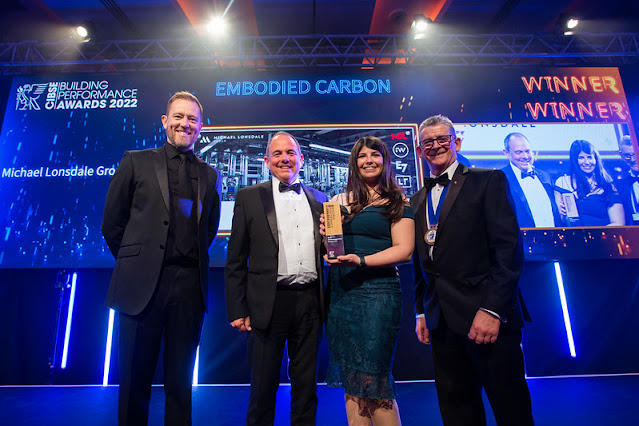A Career as an Electrical Engineer
As part of our Career in Building Services series, today we meet Konstantinos who works as an Electrical Engineer. If you have any questions about this career path, you can contact us at yepg@cibse.org.
Konstantinos Charalampidis studied Electrical & Computer Engineering at the Aristotle University and Environmental Design & Engineering at University College London. He works as an Electrical Engineer in Arup and has designed sustainable buildings in Europe, Asia, and America. Konstantinos was a Steering Committee Member of the CIBSE YEPG for 4 years prior to joining the CIBSE EPG in 2020.As a Steering Committee member, Konstantinos was responsible for various events around energy performance in the built environment, supporting CIBSE members in their continuing professional development.
What do Electrical Engineers do?
Electrical Engineers typically work in multidisciplinary teams to design the electrical infrastructure of a building. This might range from performing lighting calculations to designing the earthing system of a building. The spectrum of an Electrical Engineer’s work is very broad and interesting. Electrical Engineers play a crucial role in achieving net-zero carbon in the built environment by meeting various challenges like the electrification of heating in buildings. The scope of our work depends on the stage of the project as well as the building typology (e.g. commercial, residential, airports, etc.).
Tell us a typical challenge of your work.
A common challenge would be to assess the maximum demand of the building. In large buildings with numerous MEP and specialist loads, calculating the maximum demand is not as simple as adding up all the nominal power ratings of the loads. Working closely with the other disciplines and equipment manufacturers is critical to understand the required resilience, the power demand of all the connected loads as well as the potential diversities that can be applied. Most of the building loads are typically not finalised at the early stages of the project when various options are still being explored. As such, making educated assumptions is another important part of this process. Allowing for appropriate spare capacity is also crucial to account for future growth during the lifespan of the building.
What degrees could be suitable for this industry?
Naturally, a degree in Electrical Engineering, Building Services Engineering, or Architectural Engineering would be very suitable. Most other relevant engineering degrees or degrees in other disciplines (e.g. Physics) could also be suitable, assuming some knowledge of electrical engineering.
Why did you choose this role?
I wanted a career that would be challenging, rewarding, and make a positive difference in the world. A career in Electrical Engineering is definitely ticking these boxes!
CIBSE Membership is free for full-time students and heavily discounted for those in part-time education
Join Now
- Unlimited downloads of guides, research papers and publications from the Knowledge Portal
- A monthly digital subscription to the CIBSE Journal
- Access to on-demand learning content including webinars, video presentations and live events.
- Be supported in your early career by the CIBSE Young Engineers Network (YEN)



.png)


Comments
Post a Comment